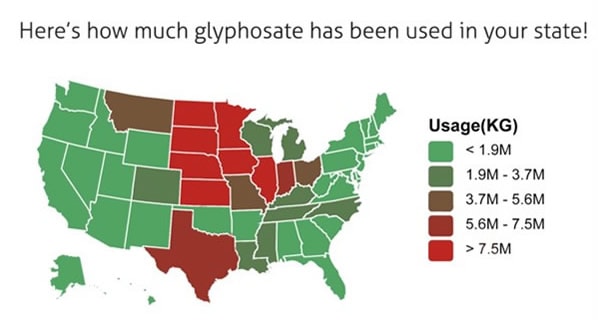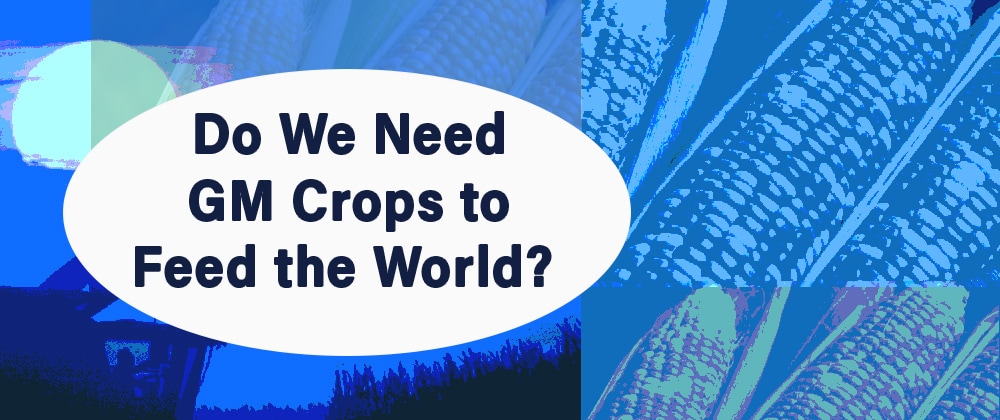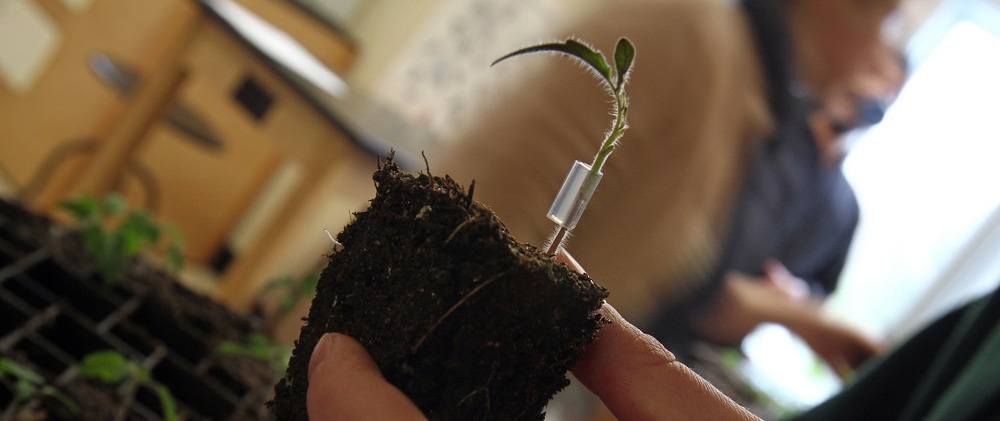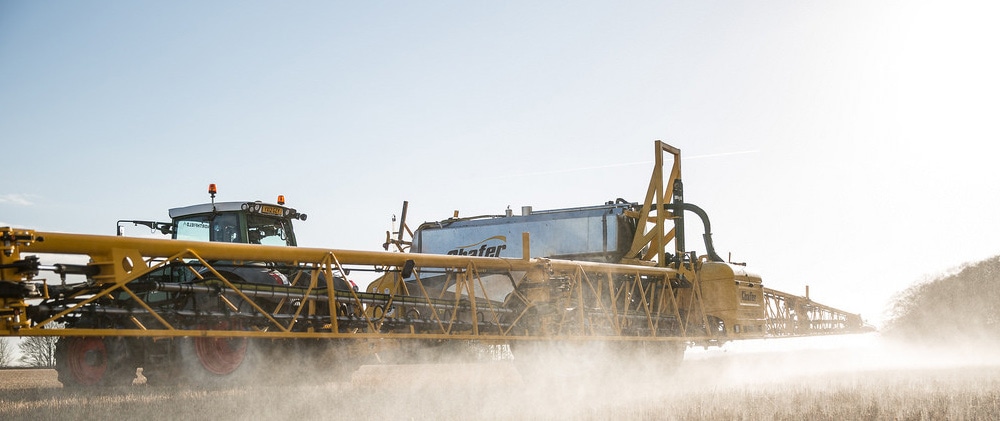Glyphosate

You Asked! We Answered! Do Carbon Filters Eliminate Glyphosate?
Reader Kathryn L. asks whether carbon filters can eliminate glyphosate from her drinking water. Good question! This is what we found out As per the EPA, studies show that glyphosate is effectively removed with activated-carbon methods, as well as chlorine and ozone. There are more than 750 glyphosate-based herbicides on the market, (Roundup being the most renowned), so this is a commonly used and ubiquitous herbicide. How does glyphosate get into your water, Kathryn? Run-off and erosion...
GlyphoWHAT? The Daily Poisoning of Our Children
Our children are consuming a daily dose of poison. Parents are unaware of the great harm befallen our most vulnerable. And for those parents who attempt to thwart the daily dose of poison, children consume it at school.
Do We Need GM Crops to Feed the World?
This well-researched article examines the claim and validity of whether or not we need GM crops to feed the world.Read More
Dirty Money, Dirty Science
The biotech industry’s web of attempts to buy credibility, by laundering its messages through supposedly independent academic scientists, is unraveling and beginning to reveal the influence of a huge amount of industry money on the independence of academic...
Rocky Road for Roundup
It didn’t take much convincing to get Mike Pietzyk to try a new weed-killing product on one of his cornfields in southeastern Nebraska. “The days of going out and spraying Roundup twice a year—those are long gone,” says Pietzyk, a second-generation grower who has...
GMO Questions and Answers
How are genetically engineered (GE) crops different from those that are not genetically engineered? The short answer is that the genes used in genetically engineered crops are often not from an organism that is similar to the crop. The GE genes may introduce...




